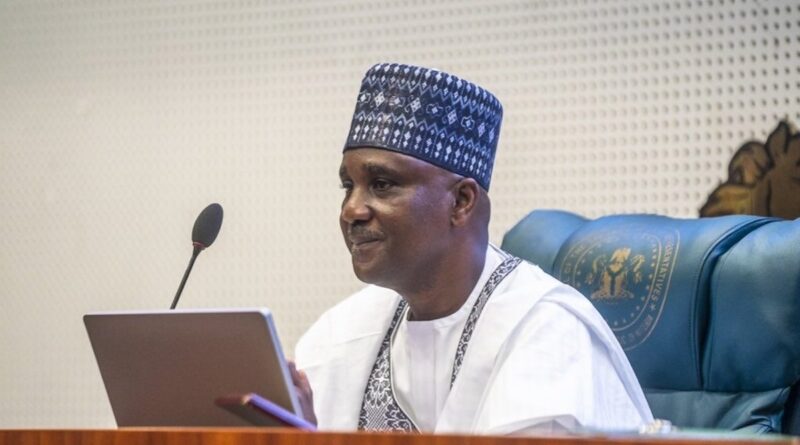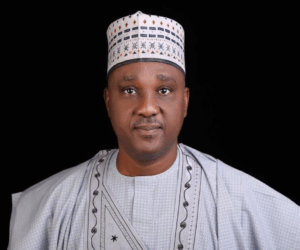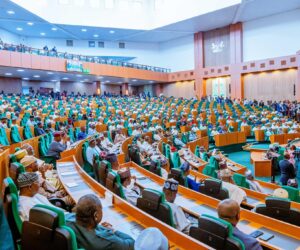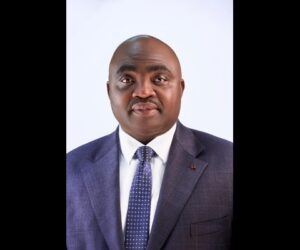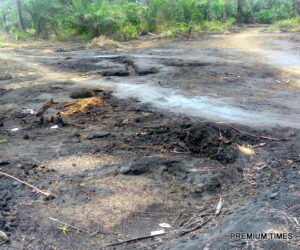The Speaker of the House of Representatives, Abbas Tajudeen, has raised concerns over Nigeria’s escalating debt profile, warning that it has surpassed legal limits and now threatens the nation’s fiscal sustainability.
Speaking on Monday at the 11th Annual Conference and General Assembly of the West Africa Association of Public Accounts Committees (WAAPAC) in Abuja, Abbas revealed that Nigeria’s total public debt rose to ₦149.39 trillion (about US$97 billion) in the first quarter of 2025, compared to ₦121.7 trillion the previous year.
He further noted that the country’s debt-to-GDP ratio has climbed to 52 percent, exceeding the statutory ceiling of 40 percent set by Nigerian law.
“As at the first quarter of 2025, Nigeria’s total public debt stood at ₦149.39 trillion, equivalent to about US$97 billion. This represents a sharp rise from ₦121.7 trillion the previous year, underscoring how quickly the burden has grown. Even more concerning is the debt-to-GDP ratio, which now stands at roughly 52 percent, well above the statutory ceiling of 40 percent,” Abbas said.
The Speaker described the breach as a major strain on fiscal stability and called for urgent reforms, stressing that borrowing must be transparent, accountable, and directed toward sectors that stimulate growth.
He cautioned that many African nations already spend more on debt servicing than on healthcare and other essential services, warning that Nigeria must avoid a similar fate.
To address the fiscal risks, Abbas announced plans to establish a West African Parliamentary Debt Oversight Framework under WAAPAC.
The initiative will: Harmonise debt reporting across the sub-region, Set transparency standards, and Provide parliaments with the tools and data to scrutinise borrowing.
He also disclosed plans for a regional capacity-building programme to enhance debt sustainability analysis and fiscal risk assessments.
Abbas emphasised that loans should be targeted at infrastructure, health, education, and industries that generate jobs and reduce poverty, while reckless borrowing driven by consumption or corruption must be firmly rejected.
Reaffirming the 10th House’s commitment to accountability, he said the legislature’s Open Parliament policy will ensure that all major borrowing proposals undergo public hearings, with simplified debt reports made available to citizens.

